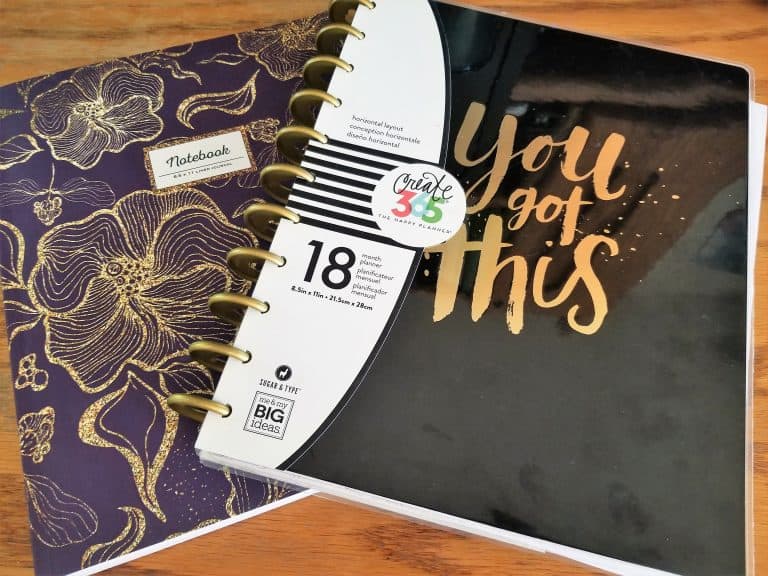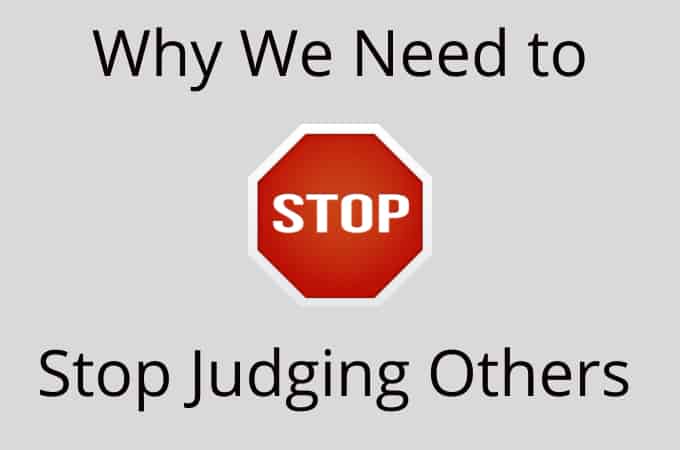How Not to Let Emotional Vampires Suck the Joy Out of Your Days
A couple of months ago, my youngest was unhappy and pretty vocal about it…so vocal that he called me a funsucker. This wasn’t the first time I’d heard this term; after all, I’m a mom of four and after parenting for 28 years, it is bound to happen. It was the first time I’d heard it in a while though. “You’re taking the fun out of my day! My LIFE!”
Eyeroll.
Fortunately, I didn’t take it too seriously. Sometimes as a parent, you have to be a funsucker. We have to do it for their safety or health, or even to help them learn something. In this case, being a funsucker is necessary. But we all have people in our lives…come on, admit you, you’re thinking of at least one now…that are funsuckers for no real reason. These emotional vampires are the ones that have to point out your age, the ones telling you that you shouldn’t do something or wear something, the ones that bring down every event with their voice of reason or some Debbie Downer story about themself. (My friend’s got an aunt that does this; she jokes about how her aunt turns the story of a unicorn, rainbow and a pot of gold holding ten winning lottery tickets into a saga of how awful the nail polish selection at the salon is, and funny thing is that her name is actually Debbie!) You know of at least one or two, right?
We all have funsuckers around us — the intentional, those who want to bring down your day and your happiness, and the unintentional, those so caught up in their own unhappiness that they can’t help but hijack every conversation. Some we can avoid, like the neighbor who you see if you get mail at 2pm, and some we can’t, like co-workers you see daily, family members or the friend you see at your weekly book club. How do you extricate yourself from the people who need you to be there without letting yourself be the brunt of so much?
Let’s face it — we want to be there for those we love. We want to be the listening ear and help them or just be their shoulder. We care and want to display that. Thing is, just because we don’t advertise it doesn’t mean we don’t have our own things going on simultaneously. Our current problems may be pretty inconsequential, like will my internet go back on today or can I get my son’s doctor’s appointment rescheduled, but that doesn’t mean they don’t exist. The weight of one person’s issues may not be bad, but when you’re a good listening ear or you’re surrounded by people with bigger problems, the weight of it all may just be too much.
There’s some science to back up the feeling of being overwhelmed by it. Studies have shown that many who vent or share their problems need to get out of their system in order to lighten their own mood. Hearing the words out loud can help a person make a decision or feel validated. The problem is that the issues are tangible; you may not be able to put them on a scale, but they are still very real, so a person dealing with all of it can feel others’ problems piling up very literally. You may want to help someone or give them the pat on the back they seem to need, but there’s a point where you have to know that it’s too much for you, too.
Here are a few articles that back this up:
Steps For Dealing with People Who Talk Too Much
Why Do People Enjoy Talking About Themselves So Much?
Dealing With Emotional Pirates
You have to know it’s okay to put a stop to it, to walk away, to table it until later, because you matter, too. How exactly do you do that though? How do you put the brakes on a funsucker without alienating the relationship? That’s sometimes even harder than shouldering all the information and emotions you inherit from others!
- We teach people how to treat us. If you can’t tolerate a behavior, don’t. Otherwise, if you do it once, it is likely to happen again, and pretty soon, you have allowed a habit to build that may be difficult to break. If we are always there and never have boundaries, people have no reason to think about your feelings. Years ago, I once picked up a phone at 1am, only to be ranted at by a drunk and angry friend of many years. I listened to her yell and scream and cry, slurring her words, for about five minutes before the husband said “Hang up! You don’t need to take that.” He was right. I’d just experienced another miscarriage at 14 weeks, which my friend was aware of, and I was grieving, recuperating, tired and still parenting three other children while working. Her problem may or may not have been valid, but her insensitivity and selfishness at dumping it on me in such a hostile manner, when it was convenient only to her, was also a valid reason to tell her I was hanging up and that we’d deal with it on a day where she was sober. I’m only sorry I listened for as long as I did. (We did talk about it later, but only briefly. She was mad that I wasn’t giving her enough attention during a very difficult time in my life. She was right, I wasn’t able to be fully present in the celebration of her recent birth, but after my third miscarriage, things had gotten to the point where I was contemplating anti-depressants. Her inability to empathize even in a small way caused a rift that never healed.) Losing a long-term friend is sad, but our friends should value us and vice versa. If one side doesn’t, it may be time to end it. Not all relationships can or should be saved.
- Know when to say no. When you’re in the middle of a business call and someone needs to tell you about the latest argument with their mother-in-law, you don’t need to feel guilty if you tell them you’ll call them after work.
- It’s alright to talk about yourself sometimes, too. It can be super-awkward when you’re talking to someone who barely acknowledges a word you say, but you’re allowed to need support, too. You may want to be a good friend, but if it’s a monologue, know your limits. Patience is great, but see number one on my list. If you let them monopolize every conversation, welcome to your new relationship. Things won’t always be equal, but you should never feel ‘less’ than the other person.
- Re-directing emotions can be a lifesaver. Acknowledge someone’s angst over their latest boss issue, listen for a minute, then point out a positive. One of the best things we did with our son when he was much younger, and his autism was much worse, was give him five minutes to talk about his problem. We listened, but when the time was up, he had to stop talking about it. He didn’t get to go to a sibling or someone else then to re-discuss it; he had to stop. Repeating the same issue to multiple people doesn’t solve it; it just dumps the problem on other people. Instead, we expected him to use his time taking action to fix the issue or he had to find a way to deal with it. It worked and it’s still a tactic we employ on rare occasions.
- Remember that if someone can’t be happy for you, the problem is with them, not you. There’s a phrase that fits really well: snuffing out someone else’s light won’t make your own shine brighter. If you are happy, do your best to stay that way. We all have our moments where we’re miserable or hurting or sick, but misery does not need to love company. Belittling someone’s accomplishments is a nasty character trait that’s hard to determine the cause; if you see it, be forewarned because you’ve been given another red flag and it’s up to you to remember that for future interactions.
- That overwhelming weight I talked about? Mentally shove it off your shoulders. If you are cognizant that it’s happening and take steps to shake it off, you can put it in a proverbial suitcase and roll it behind you so it doesn’t trip you up. It’s so much easier to say than do, but people get to us only if we let them. When we remind ourselves that it’s not our problem, nor our responsibility to fix others’ problems, we can move on without the guilt.
- Take care of yourself. We’re all busy. Jobs, families, chores, other stresses. Life is short and if we let emotional vampires deplete our energy, we’re allowing them to suck our joy.
There’s a popular saying: Beware of people who never ask how you’re doing. Good food for thought.







What a great read today. I have seen so many bullies online lately. I am sometimes afraid to say something because I do not want to get in a confrontation but I am really tired of that.